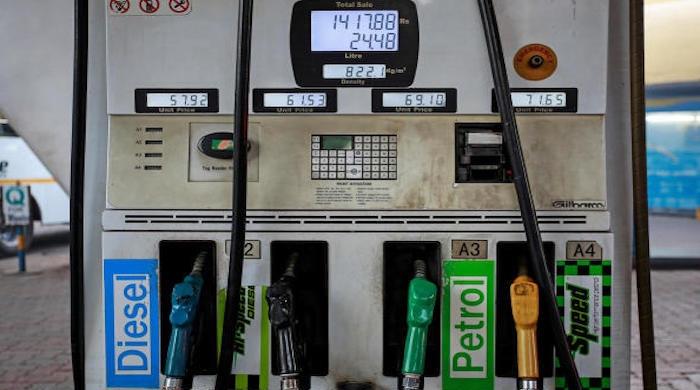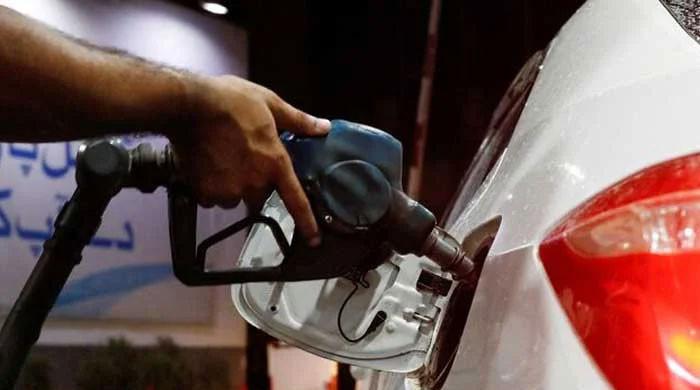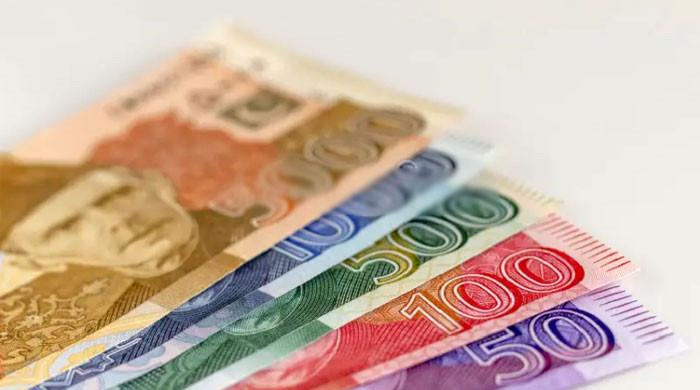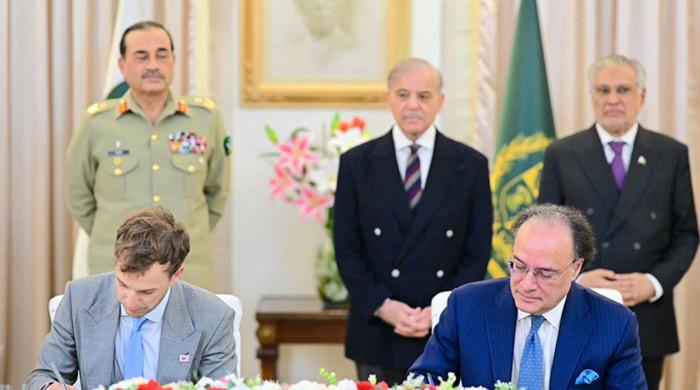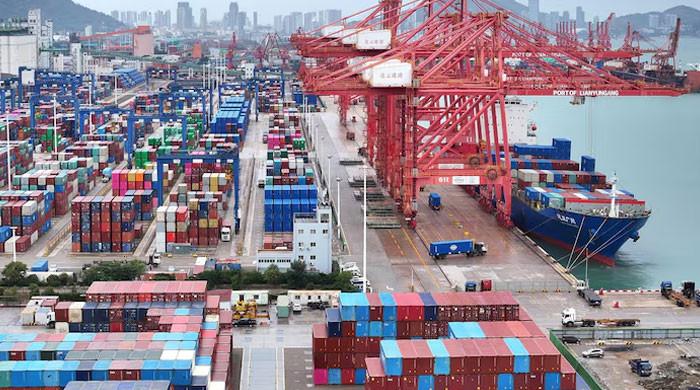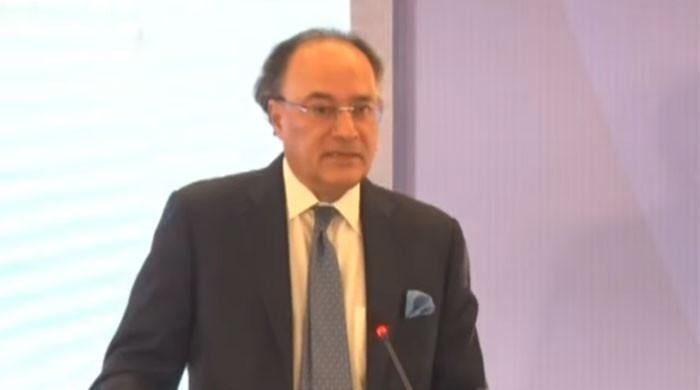China, Saudi Arabia ink $6.93bn currency swap agreement — Should America be worried?
China's approach to currency swap arrangements involves at least 40 countries
November 20, 2023
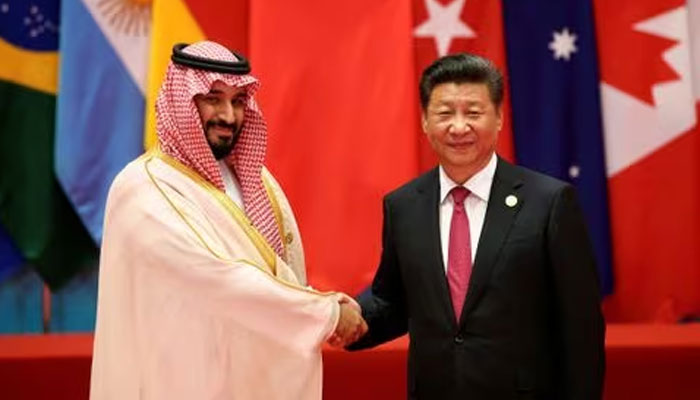
- Agreement is valid for three years and extendable.
- China imported $65 billion worth of Saudi crude in 2022.
- China's approach to currency swap involves 40 countries.
In a move indicative of their growing bilateral relations, the People's Bank of China and the Saudi Central Bank have recently signed a local currency swap agreement valued at 50 billion yuan ($6.93 billion) or 26 billion Saudi riyals.
This agreement, valid for three years and extendable by mutual agreement, aims to enhance financial cooperation, expand the use of local currencies, and foster increased trade and investment between Riyadh and Beijing.
China, the world's largest energy consumer, and Saudi Arabia, the leading oil exporter globally, have been diversifying their relationship beyond hydrocarbon ties.
The currency swap agreement aligns with their efforts to deepen collaboration in areas such as security and technology. While China imported $65 billion worth of Saudi crude in 2022, accounting for a significant portion of the kingdom's exports to China, the agreement is expected to contribute to the further broadening of their economic engagement.
China's approach to currency swap arrangements, involving at least 40 countries, differs from the US, utilising it as an ongoing credit line rather than a one-time solution during a financial crisis.
This strategic move, combined with China's commitment to buying oil and gas in yuan, underscores the nation's evolving role in global financial partnerships.




